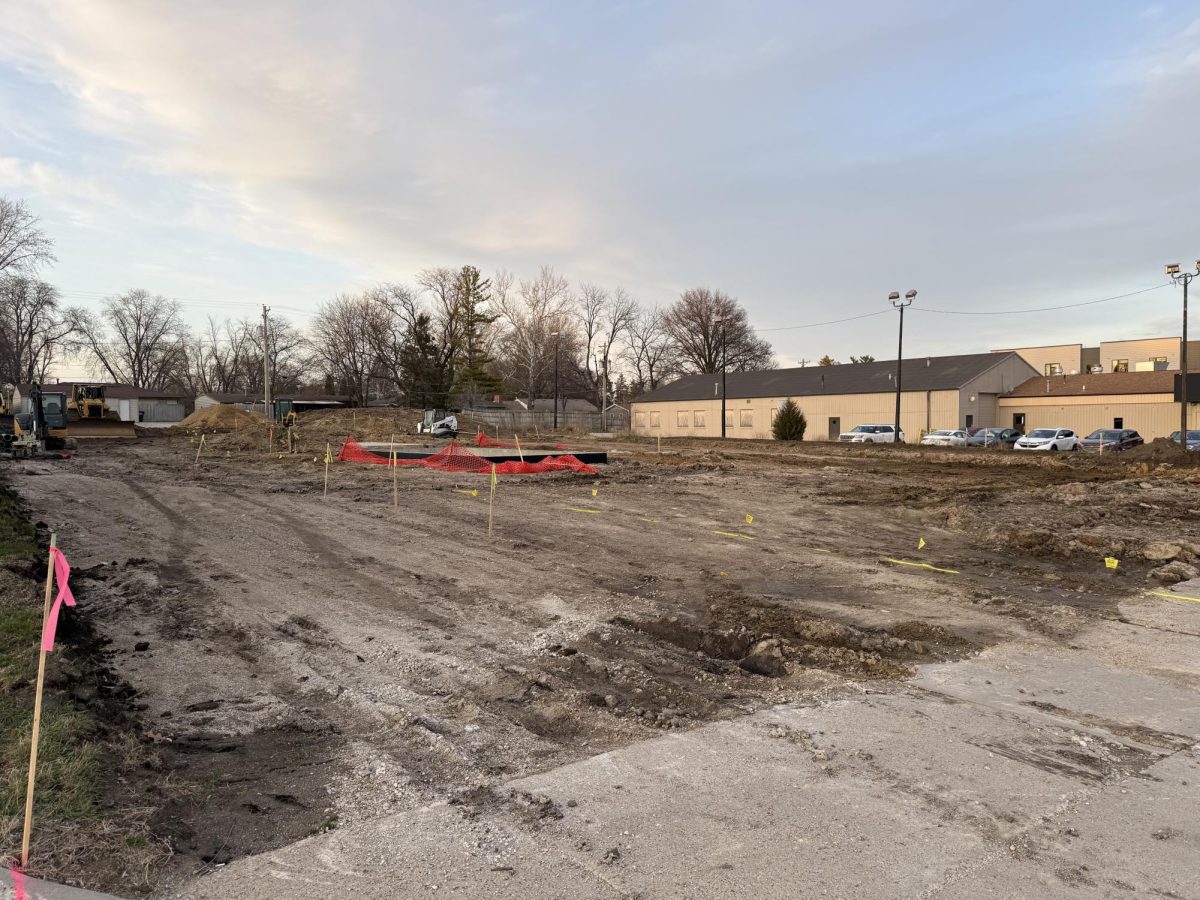Iowa Co-op considers constructing ethanol plant
March 9, 2004
A Story County cooperative has formed a steering committee to consider construction of a 40-million-gallon ethanol production plant.
Heart of Iowa Cooperative, 229 E. Ash St. in Roland, hired a firm to determine the feasibility of building a $59 million plant and hopes to have the results later this spring.
“We’re still in investigation mode,” said Bill Couser, chairman of Heart of Iowa’s steering committee.
The Heart of Iowa Cooperative began its investigation after a private Florida firm took interest in Story County land to build an ethanol plant.
Members of the cooperative then began to formulate ideas for their own plant.
“We needed to take a proactive approach and decide if this was something that would benefit the community,” Couser said.
The operation being considered would create 32 full-time jobs in Story County with an annual payroll of $1.7 million. Jobs would include chemists, risk managers, marketers and production technicians, Couser said.
“It’s a once-in-a-lifetime opportunity for the whole farming community,” Couser said. “I’m a corn and cattle producer, and I’m excited about this. I would get to use my grain twice: Sell it to the co-op and then buy it back as dried distillers grain.”
The steering committee predicts the plant would increase local corn values by 5 cents a bushel.
Jeremy Ide, senior in agriculture studies, said if farmers have the opportunity to gain a premium price on their grain, it is a worthwhile venture.
“[The ethanol plant] would benefit farmers in the area,” he said.
Ide said if a farmer can get a dollar premium per bushel of corn, then it’s worth it to ship it two hours to a plant.
The committee estimates the plant would create 128,000 tons of dried distillers grain, some of which Couser hopes to feed to his cattle.
Distillers grain is a byproduct of ethanol production.
“Your choices are to dry [the distillers grain] and ship it out of state and maybe out of the country, or start feeding it to pigs or poultry,” said Paul Gallagher, associate professor of economics in the center for agricultural and rural development.
Gallagher said because of the relatively low number of livestock operations in the area, he feels the cooperative does not have the easy local market for the distillers grain other areas of the state might have.
However, the cooperative could compensate by marketing the grain to area poultry and swine producers, Couser said.
Aaron Steele, Story County planner, said no applications have been submitted to re-zone land near the cooperative’s current location. Land adjacent to the cooperative is zoned for agricultural use, which would include row crops but not business, he said.
In order to rezone land it takes a minimum of two months, a process some say Story County is prepared for.
“I feel Story County is ready for a project like this,” Couser said.






